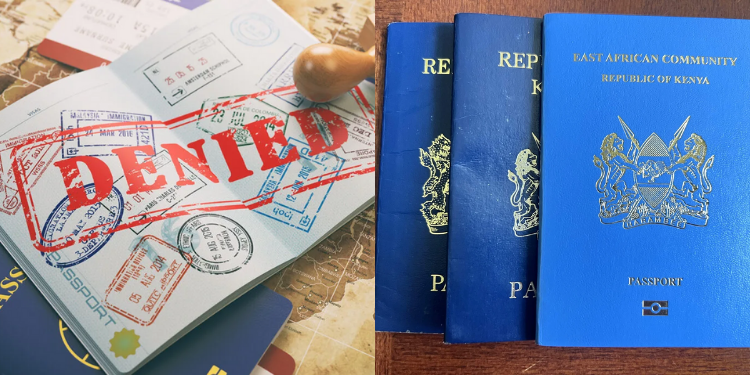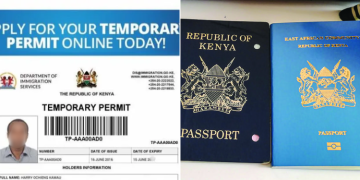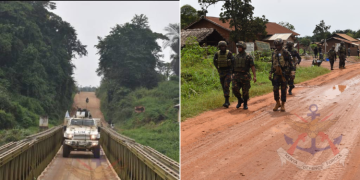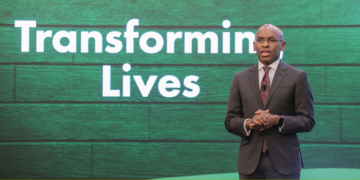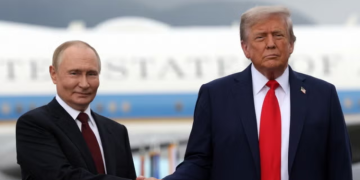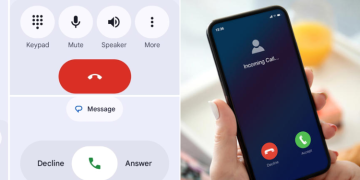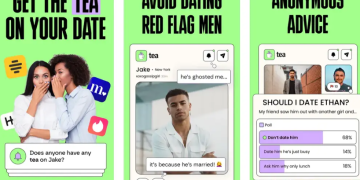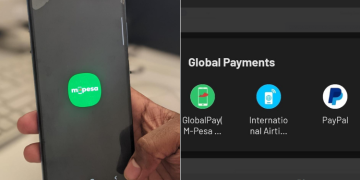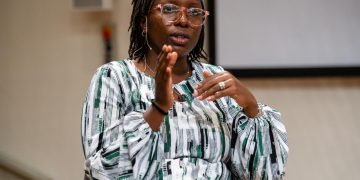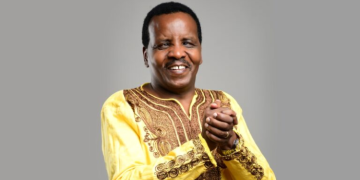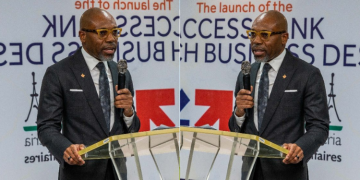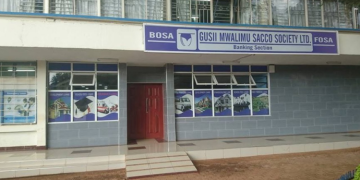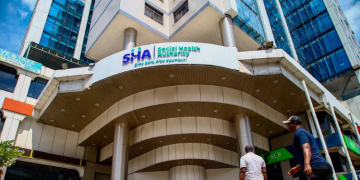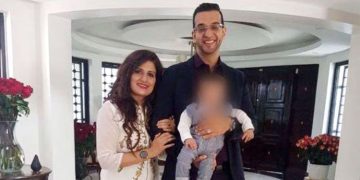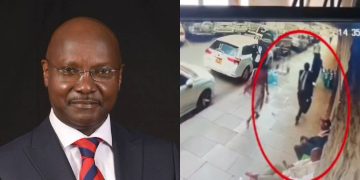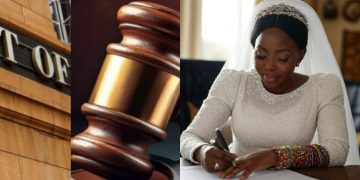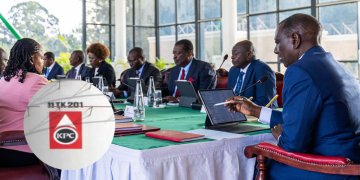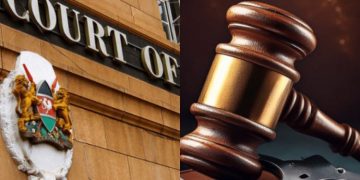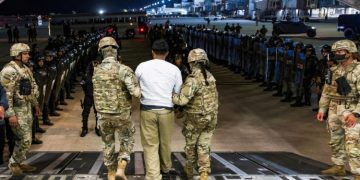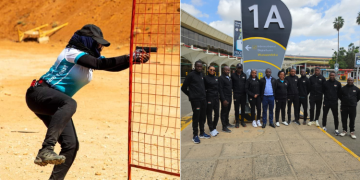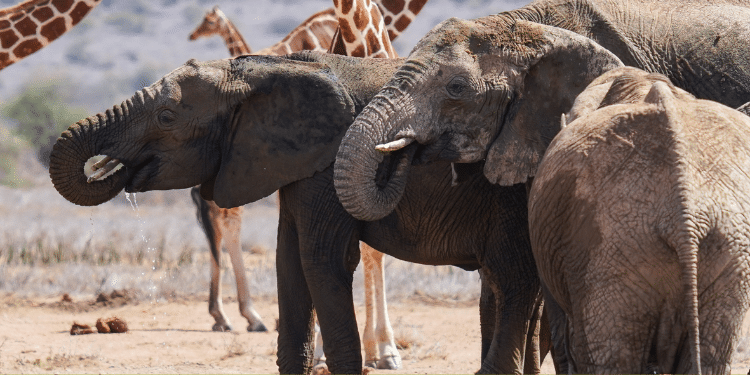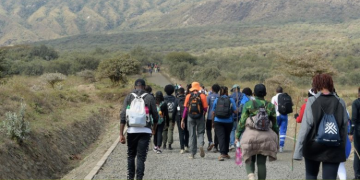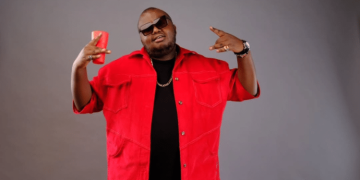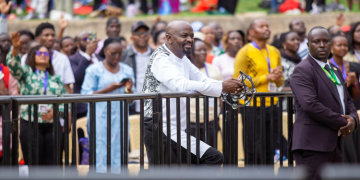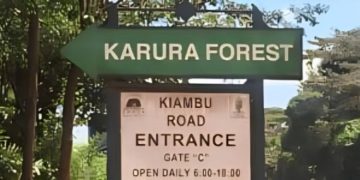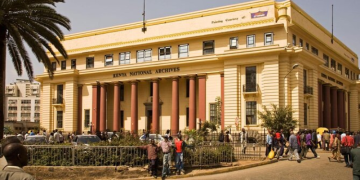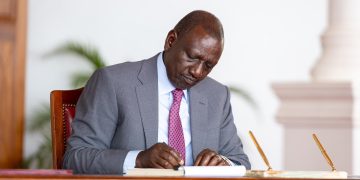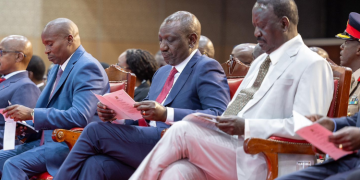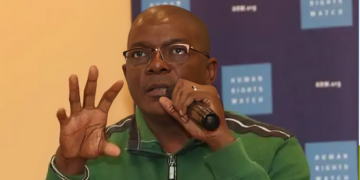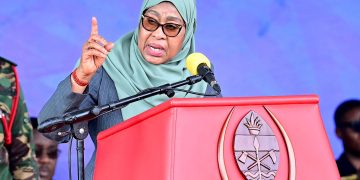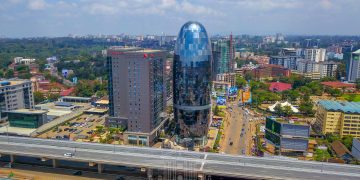The United States (US) Embassy in Nairobi has shared guidelines for Kenyans applying for visas on the disclosure of their social media details.
The Embassy, in a notice issued on Friday, July 25, said all applicants must indicate whether they have used any social media platforms within the last five years.
“Visa applicants are required to list all social media usernames or handles of every platform they have used from the last 5 years on the DS-160 visa application form,” the Embassy stated.
“Applicants certify that the information in their visa application is true and correct before they sign and submit.”
The DS-160 Visa grants one temporary travel to the U.S, for reasons including tourism, business, studies, or medical treatment.
US Embassy Says Kenyans Applying for US Visa Must Disclose All Social Media Accounts
Under the new rules, applicants must list all social media platforms they have used and provide the associated user identifiers — including usernames, email addresses, handles, or phone numbers used on the account.
However, applicants are not required to provide passwords to their social media accounts. Similarly, consular officers cannot modify applicants’ social media accounts.
Applicants who have used multiple platforms or different usernames on the same platform must list each one separately using the “Add Another” option in the online Consular Electronic Application Center (CEAC).
Also Read: Trump Appoints New Ambassador to Kenya – Who is She?
If they have not used any of the listed platforms during the five-year period, they can select “None.”
In the advisory, the US Embassy warned that omitting social media information on the application could lead to visa denial and ineligibility for future US visas.
Social media screening for those seeking to travel to the US has been in place since 2019. However, the laws have become stricter since Trump took office in January this year
US Tightens Social Media Screening for Visa Applicants Under Trump Administration
This comes after the US government announced it would step up screening of visa applicants by checking social media posts for any content that criticizes the United States or Israel.
Secretary of State Marco Rubio instructed consular officers to refer certain students and exchange visitor visa applicants to the “fraud prevention unit” for a mandatory social media check.
Consequently, visa applications may be rejected if an applicant’s online activity suggests sympathy for terrorist groups or if posts reflect anti-American or anti-Israel sentiments.
Additionally, visa officers were empowered to deny applicants if their behavior or online activity shows a hostile attitude toward US citizens, culture, government, institutions, or founding principle.
Also Read: US Announces Lifetime Ban for Kenyans in Visa Cracks Down
In June 2025, the United States’ Department of State announced increased vetting and screening measures to deter illegal entry into the country.
As part of the directive, visa applicants who had set their social media accounts to private were instructed to adjust their settings to public to allow consular officers full access for in-depth analysis and determination on whether entry to the US is warranted.
“We use all available information in our Visa screening and vetting to identify Visa applicants who are inadmissible to the United States, including those who pose a threat to U.S. national security,” read the statement then.
“Under new guidance, we will conduct a comprehensive and thorough vetting, including online presence, of all student and exchange visitor applicants in the F, M, and J nonimmigrant classifications.”
Follow our WhatsApp Channel and X Account for real-time news updates.
